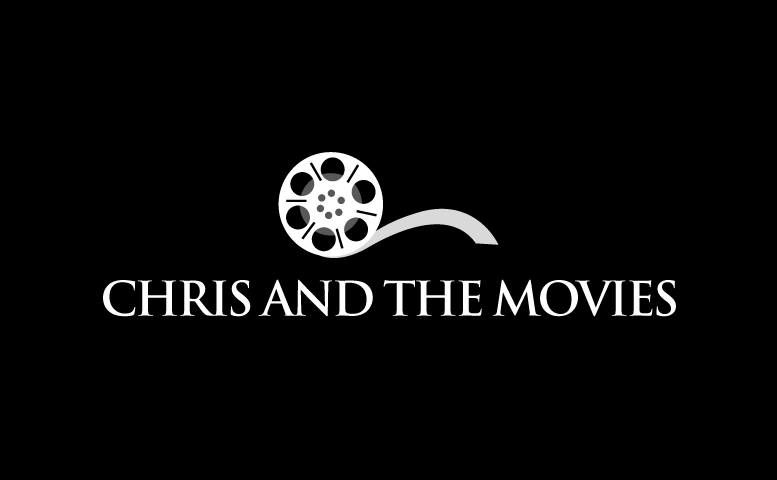After a domestic tragedy, Helga decides to move Luke back to the United States. But before they do that, they take a short trip to England, where they'll stay in a hotel on the coast and relax before continuing their journey. The hotel looks straight out of "Mr. Bean in Room 426" from Mr. Bean. Speaking of Mr. Bean, Rowan Atkinson himself plays the manager of the hotel. He's fairly competent at his job, though he doesn't like children, either, scolding Luke for bringing two mice into the hotel and threatening Helga before she outwits him and turns the tables on him. At any rate, Luke and Helga have far bigger problems that an unsympathetic hotel manager, for a large convention is using the hotel for their conference. And this isn't just any ordinary group; they're actual witches instead, secretly meeting to discuss their plan to eliminate every child from England.
Their leader is the Grand High Witch, who uses the name Eva Ernst. She's the one played by Huston, not long after winning an Oscar and then appearing as Morticia Addams in two Addams Family films. For her really iconic scenes, in which she is covered in grotesque prosthetic makeup, she endured hours and hours worth of getting the makeup on and another five just to get it off; the prosthetics on her hands also made it problematic (her word) to use the restroom. Despite the misery of such filming conditions, she looks like she is having a blast.
She's in good company, with Zetterling providing an effective performance and the two young boys, Fisher and Charlie Potter as Bruno, the hungry British boy who also finds himself mixed up in all this toil and trouble, doing as good a job as child actors generally did in the early 1990s. But the production elements of the movie are the most spectacular, with Jim Henson's Creature Shop creating a variety of different-sized puppet mice. They look far more interesting to watch than all the CGI mice in the new adaption, and they elevate the film's humor (like when Helga tries to convince Bruno's spoiled, uninterested parents that he's been turned into a mouse) as well as the adorableness quality. How can you not find it cute when Luke in mouse form says, "One of the cooks tried to cut off my tail with a carving knife"? The puppetry really works. This was the final film Henson supervised before his death the same year The Witches was released. Dahl also died in 1990.
I don't seem to recall ever having watched The Witches as a child, although part of me wants to say that I vaguely remember the scene of Huston's character disturbingly pulling off her face to reveal her true self. It is a film, though, that apparently has haunted an entire generation of children. The director, Nicolas Roeg, wrote in his autobiography that he screened an early version of the film for his young son, who was so creeped out that he ran out of the room and hid, which convinced Roeg to further edit this children's film. What remains the spookiest moments besides the witches themselves are the scenes of the boys turning into rats (even scarier than when boys turn into donkeys in Pinocchio) and the real-life horror of adults harming children.
For much of the roughly ninety minutes of the film, I couldn't quite decide if I liked it or not. What harms the film is its over-reliance on "...and then..." aspects to storytelling; that is, one thing constantly leads to another and that's it. It seems like something would cause and complicate another thing (it is a tale, after all, of witches turning children into mice), but it instead feels like the stakes aren't there, or at least the movie doesn't care if you care about such stakes. Another disappointing trait is its denouement, deviating strongly from the novel. I initially wrote in my notes that the film had a "peculiar but un-formulaic ending", and then moments later I crossed it out. "Guess not," I wrote. Apparently, they filmed and tested two versions, but the one they predictably went with deeply angered Dahl.
This isn't to say that it's a bad film. While I would hesitate showing it to very young children, most kids (and adults) would probably like it, whether in 1990 or 2020. It's good, if perhaps overly creepy, fun. The witches might not gain our sympathy, but even in the most unsightly scenes, you can't look away.
Happy Halloween














